Project: Health Policy Plus (HP+)
Why Policy Matters: Stories of Impact on Health and Wellbeing
(2020) As a partner on the HP+ project, PRB contributed to an activity focused on “Why Policy Matters” through visual storytelling.

Project: Health Policy Plus (HP+)
(2020) As a partner on the HP+ project, PRB contributed to an activity focused on “Why Policy Matters” through visual storytelling.
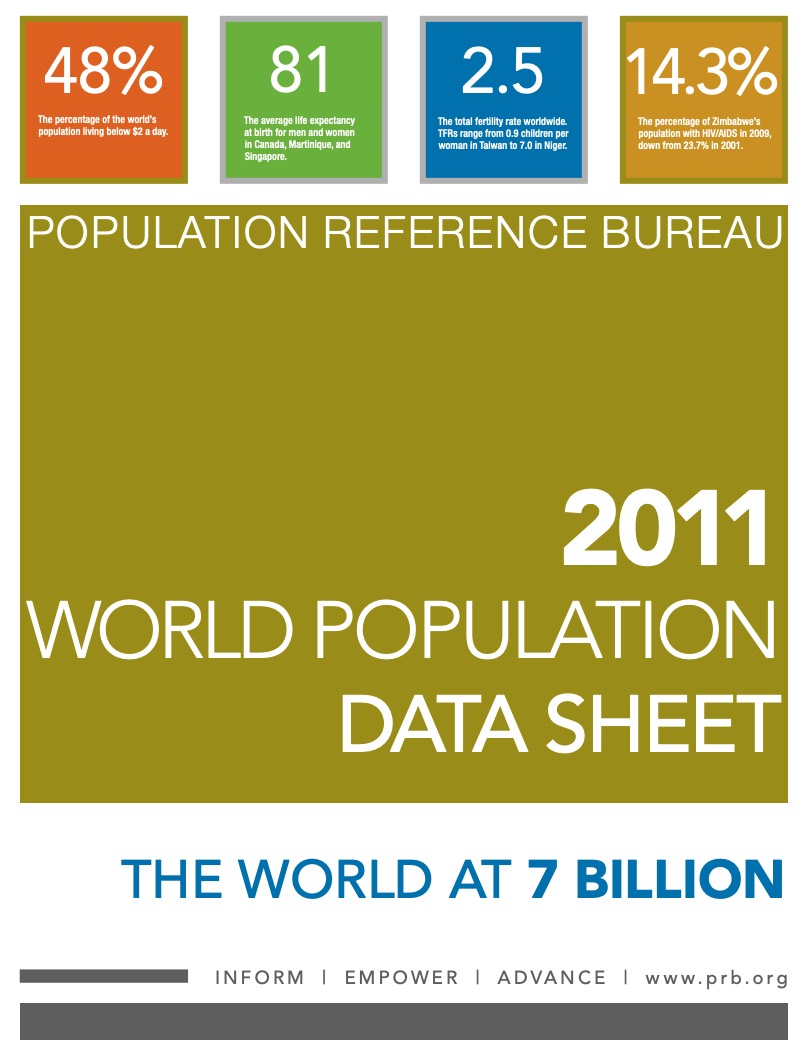
(2011) Global population will reach 7 billion later in 2011, just 12 years after reaching 6 billion in 1999.
(2005) As world leaders focus on global poverty alleviation, deep inequalities in not only income but also health and well-being continue to plague many countries around the world.
The July 2015 White House Conference on Aging coincided with the 50th anniversaries of Medicare, Medicaid, and the Older Americans Act, and the 80th anniversary of the Social Security Act.
(2008) The aging of baby boomers and the fact that women's labor force participation has already peaked are expected to slow U.S. labor force growth in the near future.
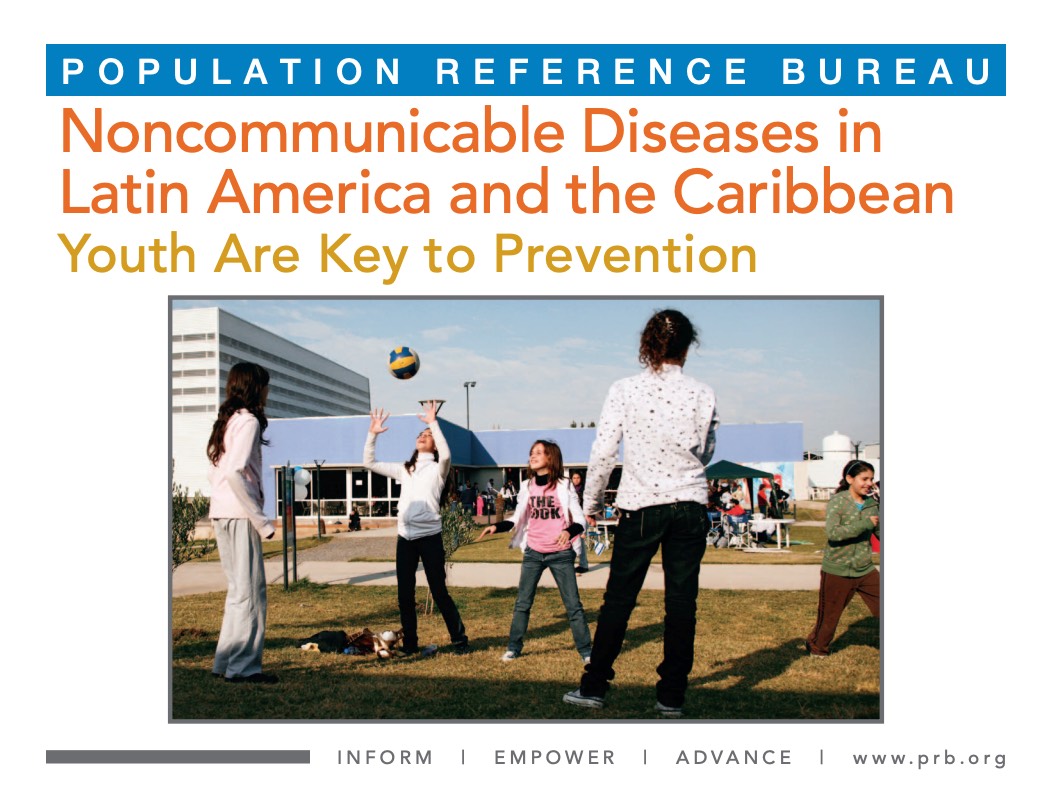
Project: IDEA: Informing Decisionmakers to Act
The four major NCDs—cardiovascular disease, most cancers, diabetes, and chronic respiratory diseases—will account for approximately 81 percent of deaths in Latin America and the Caribbean by 2030, and 89 percent of all deaths in high-income countries.
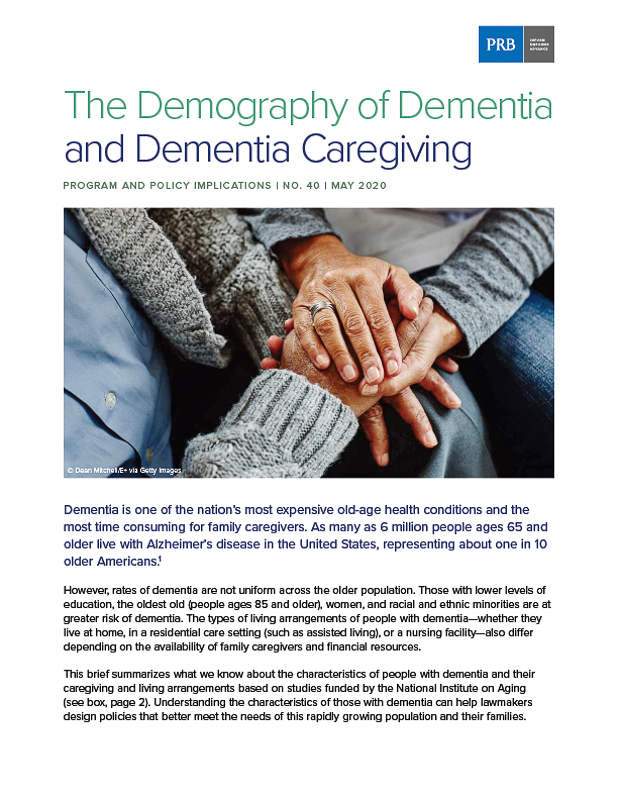
Project: Demography and Economics of Aging and Alzheimer’s Disease
Dementia is one of the nation’s most expensive old-age health conditions and the most time consuming for family caregivers. As many as 6 million people ages 65 and older live with Alzheimer’s disease in the United States, representing about one in 10 older Americans.
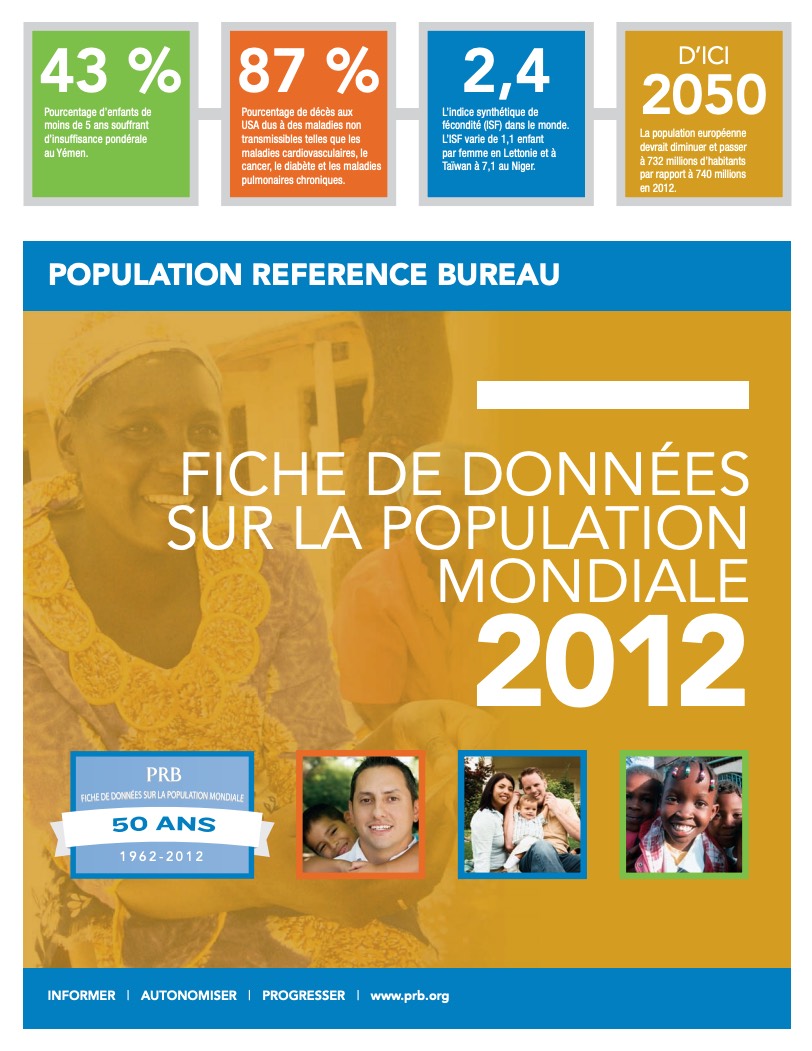
Nearly all future population growth will be in the world's less developed countries, and the poorest of these countries will see the greatest percentage increase.
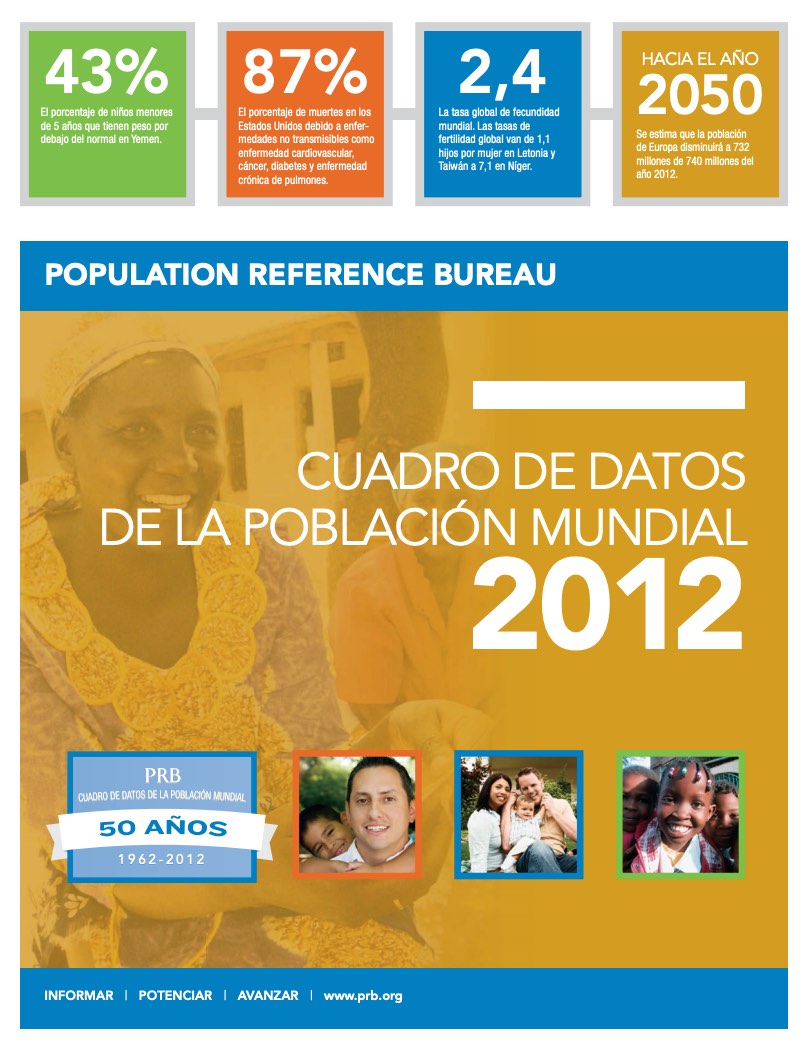
Nearly all future population growth will be in the world's less developed countries, and the poorest of these countries will see the greatest percentage increase.